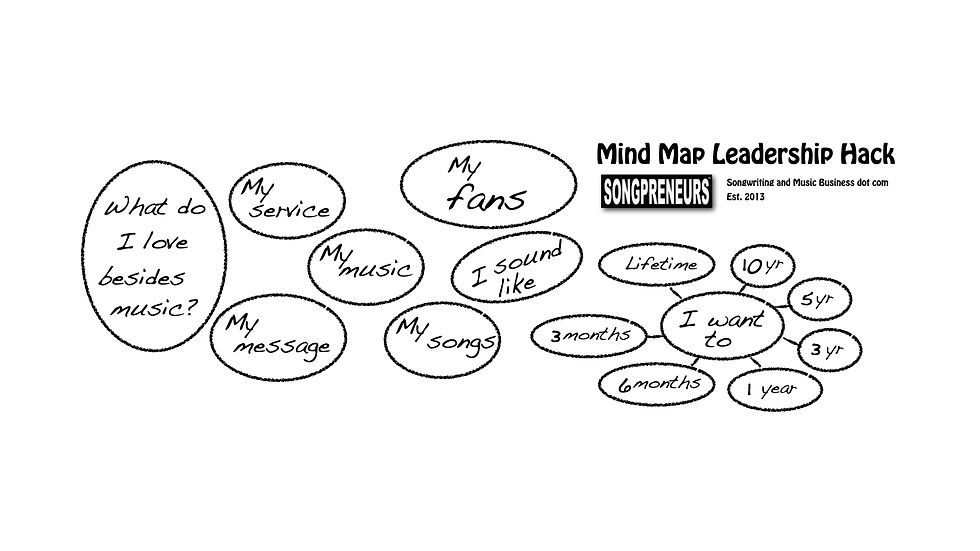Legislative Update | What’s Going On Up On Capital Hill For Songwriters?
- Songpreneurs HQ

- Nov 2, 2017
- 3 min read
Updated: Dec 14, 2019
Lately there have been a few items of interest in terms of what’s going on for songwriters up on Capital Hill in Washington D.C.
Tech Giants’ Lawyers Grilled By Congress
Firstly, there was a Congressional Hearing the other day where General Counsels from Facebook, Twitter and Google were questioned about their responsibility to keep the internet healthy.
This is particularly of interest to songwriters and other creative laborers who have suffered at the hands of some of these tech giants as our Intellectual Property rights are weakened and eroded in the name of big business.
While it’s true that the internet has served to level the playing field for independents somewhat in terms of distribution and exposure opportunities, it has also made widespread piracy rampant, and has encouraged a generation of customers to think of their music as “free” (even though it’s really ad supported) leaving creative laborers vulnerable to Externalities imposed on our Economic Systems.
Namely – when Spotify brought music streaming to the United States main stream, it did so by saying it was saving us from music piracy.
While this may be true, it also helped to impose a rate of less than one penny on most songwriter’s royalties.
By comparison, the previous compulsory statutory rate for music was 9.1 cents per song.
This is a big difference between $0.091 and $0.001 in our consumption model.
Watch this somewhat humorous video of Facebook, Twitter and Google lawyers squirming under the heat of questioning.
More about the Russian Hacking and other accusations stemming from these hearings with background from fellow copyright expert David Newhoff on his Illusion of More Blog here
[Note – Songpreneurs is a non-partisan, non-political organization. We include these links for the sake of factual examples, and not as an endorsement of any political party, stance or candidate.]
Proposed Legislation to Solve Licensing Problems
Also, as announced by a National Music Publisher Association representative in Nashville last month, the Music Industry is poised to propose new legislation aimed at solving our licensing problems.
To be fair to publishers, broadcasters and other licensors - it must seem like a complete nightmare to deal with songwriters in a business relationship.
We’re songwriters ourselves and understand first hand how difficult it can be to get songwriters to fill out a simple 1099 so you can pay them, let alone contribute to anything of a negotiation nature.
But while it might be difficult, it’s still vitally important to include independent songwriters’ voices and interests in the shaping of any proposed legislation.
Unfortunately, so far, none of the legislation proposed to help songwriters actually takes songwriters’ best interest into account.
Namely – all the proposed current legislation either ignores or condones the continuation of binding measures when it comes to the property rights of songwriters.
The newly proposed legislation is said to continue the practices of compulsory licensing and consent decrees, which have the combined effect of forcing songwriters to make their property available at an unsustainable rate (less than one penny).
In order to make sure the voices of the Independent Songwriting and Music Business community are heard, visit us on our Songwriter Voices Page, and opt in to the special email newsletter coming to an inbox near you. #songwritervoices
Opt in to the weekly or monthly Songpreneurs email newsletter and stay informed.
Includes fun songwriting craft, and music business skill building content as well as legislative updates and event invites >>
#WashingtonDC #CapitalHill #songwriters #legislatiion #Congress #Facebook #Twitter #Google #lawyers #intellectualproperty #rights #responsibility #independents #externality #economics #piracy #Spotify #UnitedStates #compulsoryrate #statutory #DavidNewhoff #NationalMusicPublishersAssociation #NMPA #Nashville #licensors #musicpublishers #SongwriterVoices #musicbusiness






















Comments